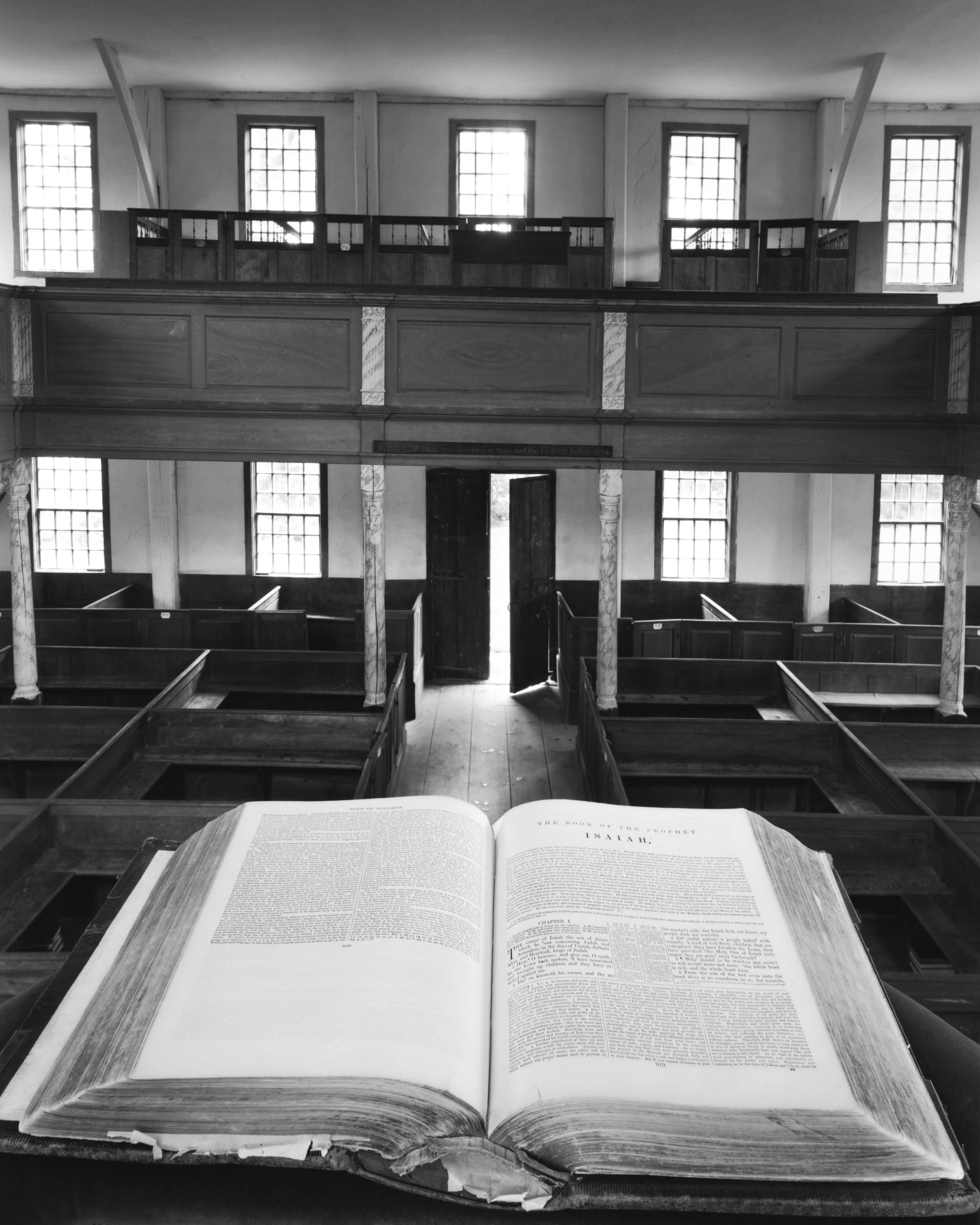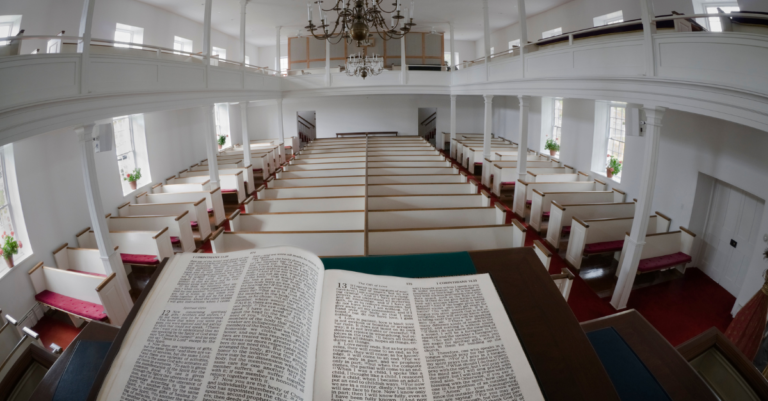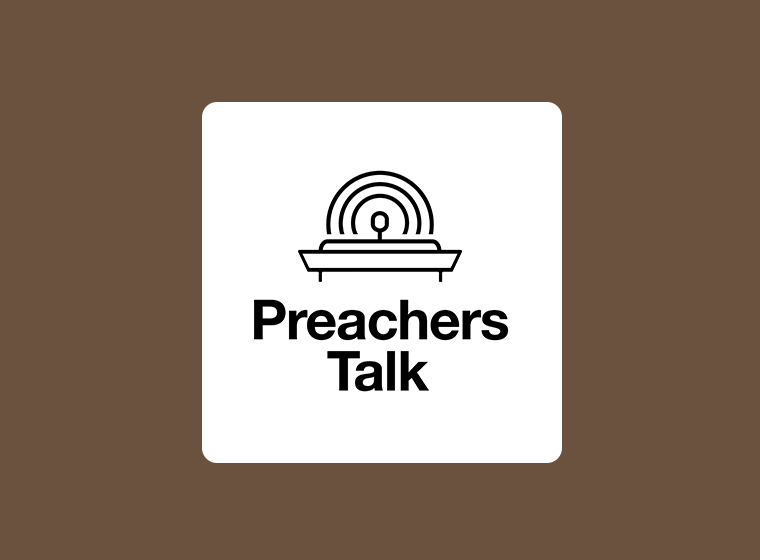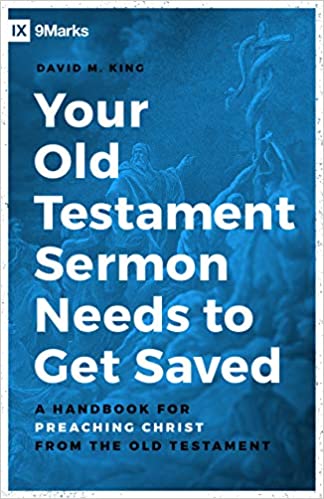Preaching
Charismatic speaking gathers great crowds. Expositional preaching raises the dead and builds up churches.

Charismatic speaking gathers great crowds. Expositional preaching raises the dead and builds up churches.

Those who preach should preach their Bibles.

Other forms of communication seem more immediately effective. Must we make preaching central to a church’s gathering?

When we genuinely embrace the conviction of our need for the Spirit, we give ourselves to the work of prayer and the work of preaching.

Sometimes the road to Christ is wider, and sometimes it’s narrower. But it’s always there, and the faithful preacher will call believers and unbelievers alike to repentance and faith whenever the Book is opened.

Explaining the text is not applying the text, and if you haven’t applied the text, you haven’t preached.

Here are 12 kinds of sermons that appear to be expositional, but actually aren't.

I want to approach the topic of application slightly differently: not only are there different kinds of hearers, there are also different kinds of application.

Yes, the preacher should be sensitive to the unchurched. But if we target the unchurched alone, the message may be lost or so diluted that God’s people become malnourished.

I can’t think of a better venue for discipleship and leadership development than a weekly Sermon Application Team. And after five years, I can’t imagine writing a sermon without them.

God has promised that through this apparently weak and frail means, using weak and frail creatures like us, he will accomplish much. He has said so. He has promised to do it. Believe what God has said.

We want God to set off fireworks, but he‘s more interested in farming.

In and around the shadows of the pulpit, soul-damning dangers lurk.

How does sitting under expository preaching 52 Sundays a year change a church?




